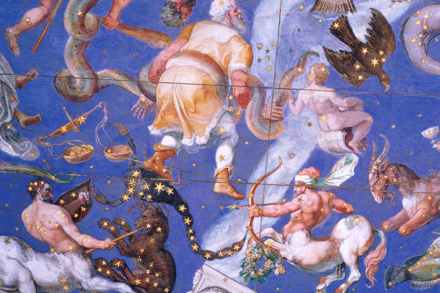Believing in big data is equivalent to believing in the stars
Look up at the sky on a clear night. This is not an astrological game. (Indeed, the experiment’s more impressive if you don’t know one zodiacal pattern from another and rely solely on your wits.) In a matter of seconds you will find patterns among the stars. We can pretty much apprehend up to five objects (pennies, points of light, what-have-you) at a single glance. Totting up more than five objects, however, takes work: it means looking for groups, lines, patterns, symmetries, boundaries. The ancients cut up the sky into figures, all those aeons ago, for the same reason we each cut up the sky within moments of gazing at












